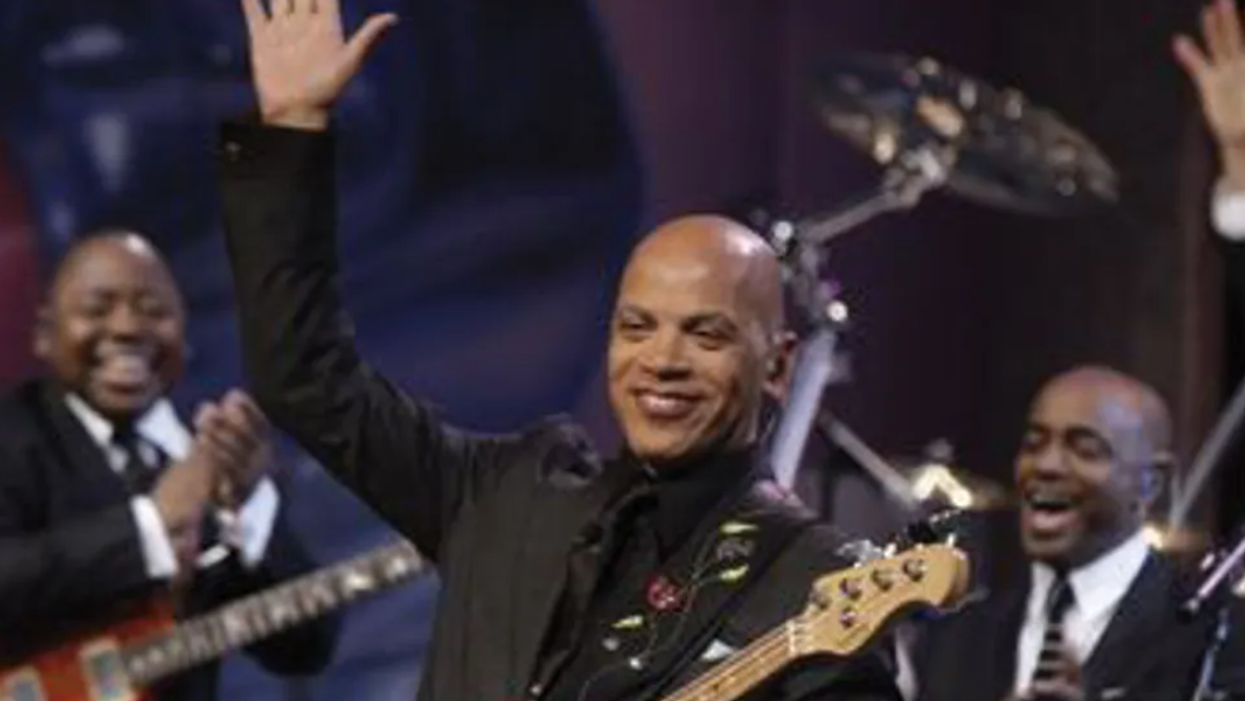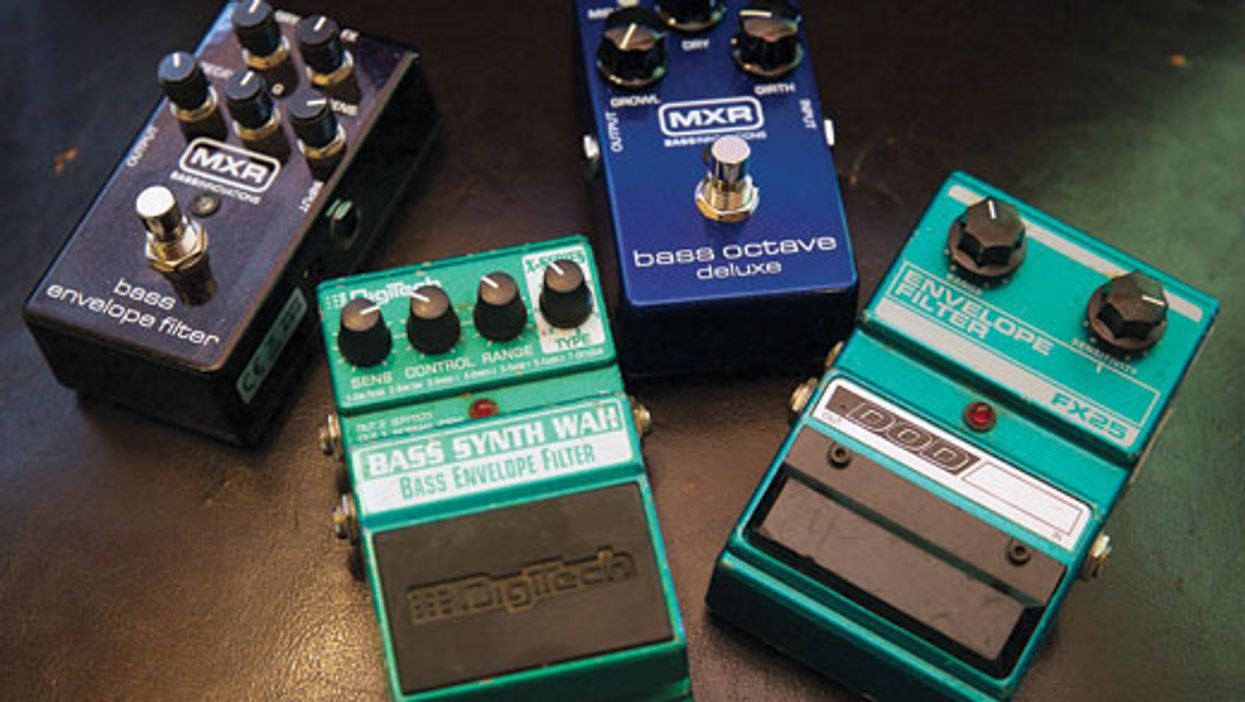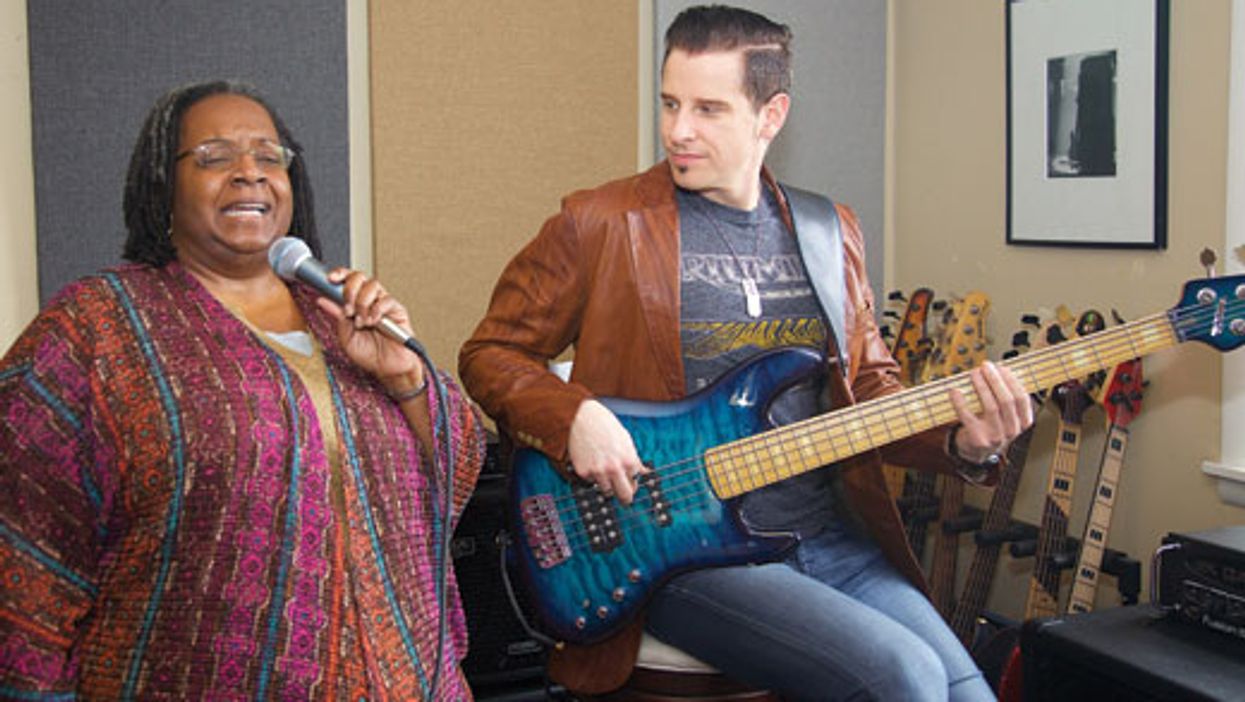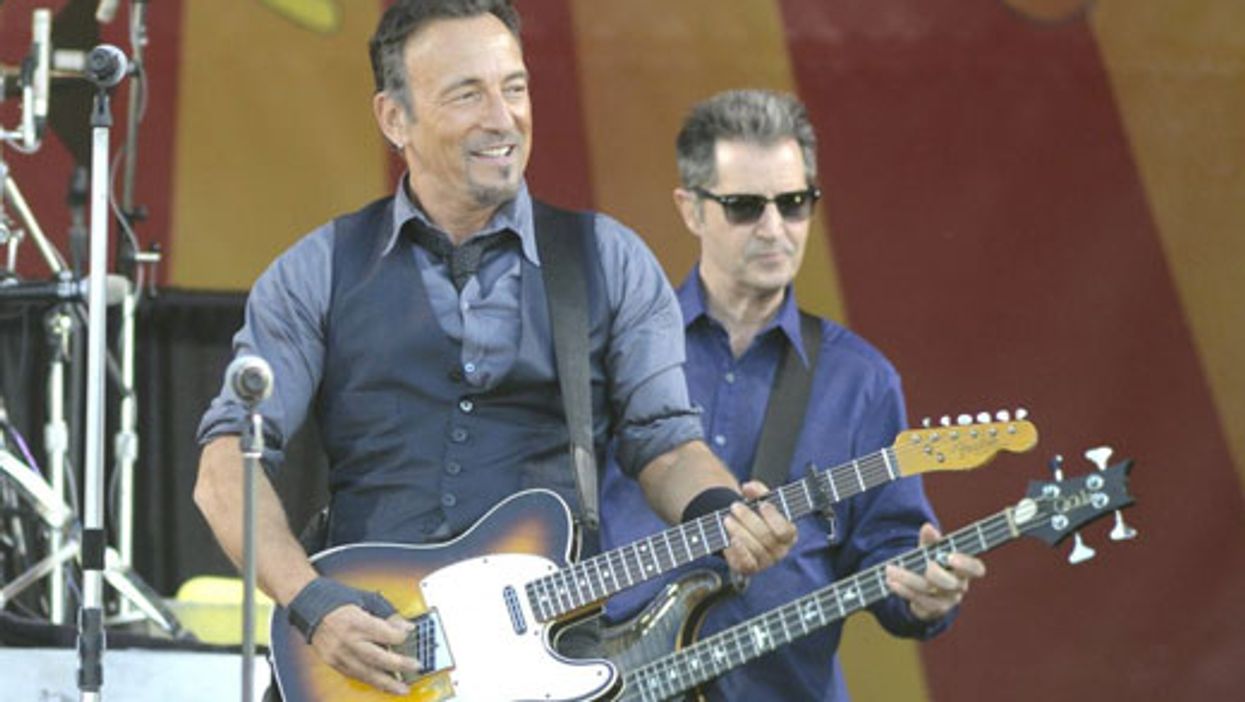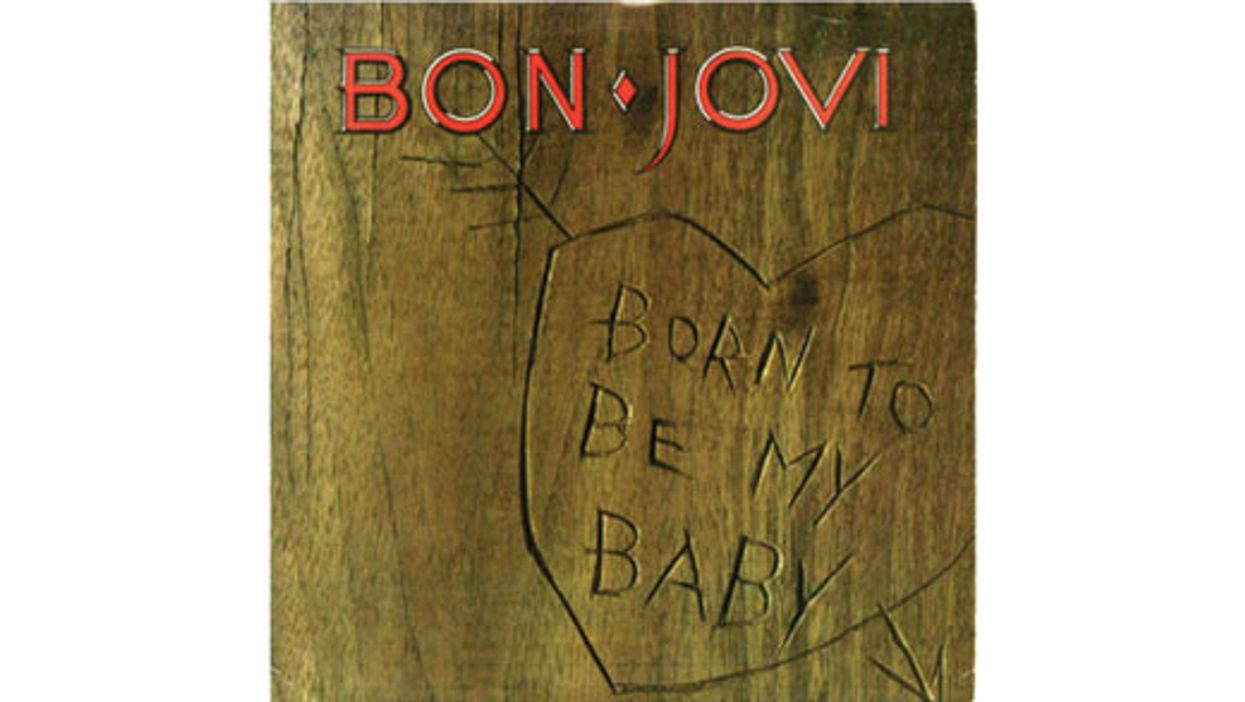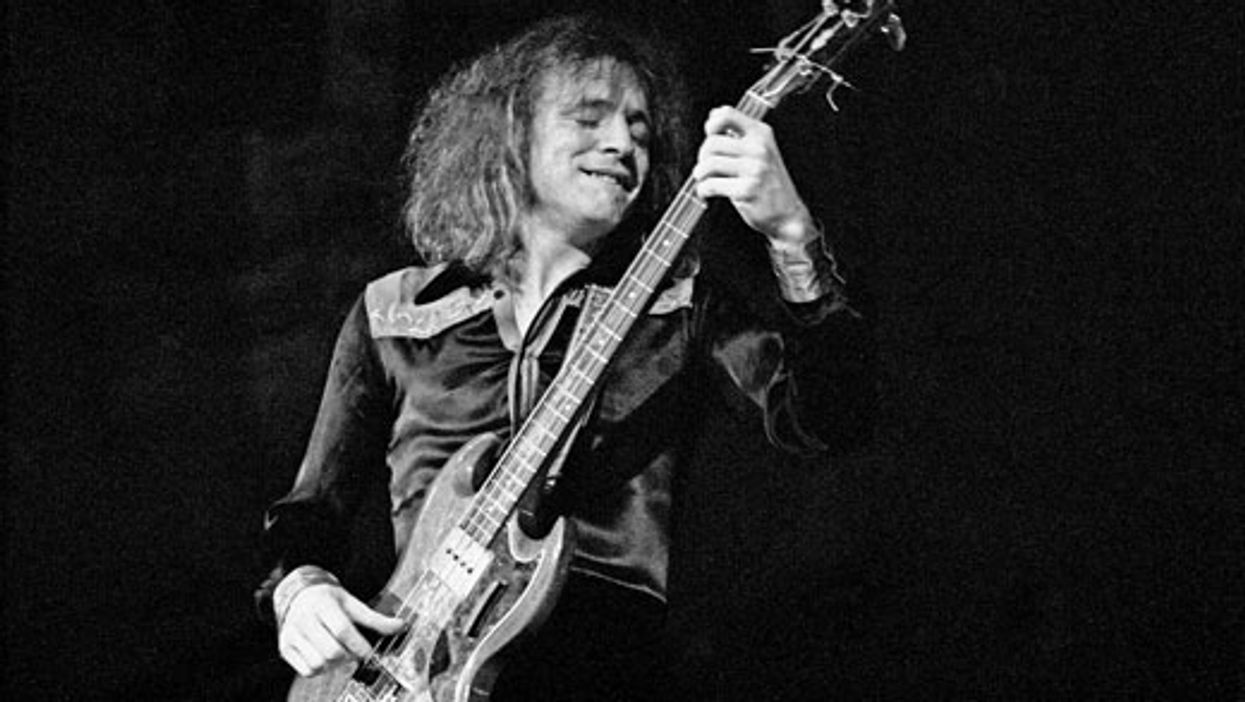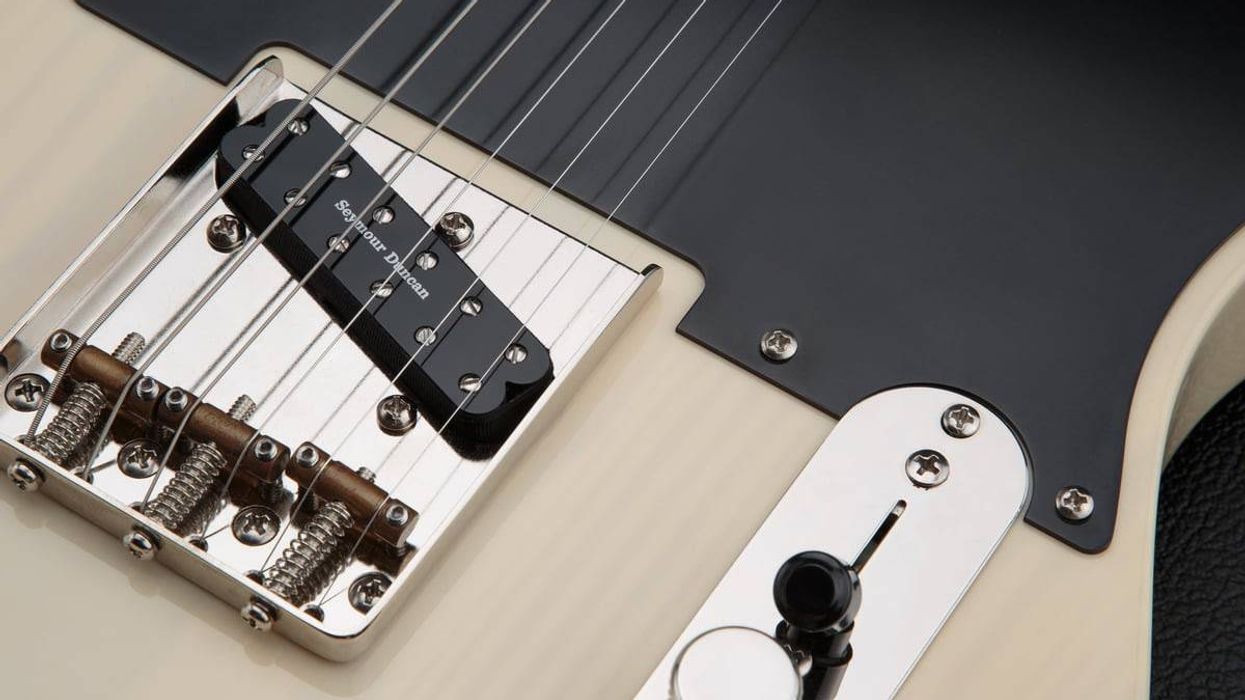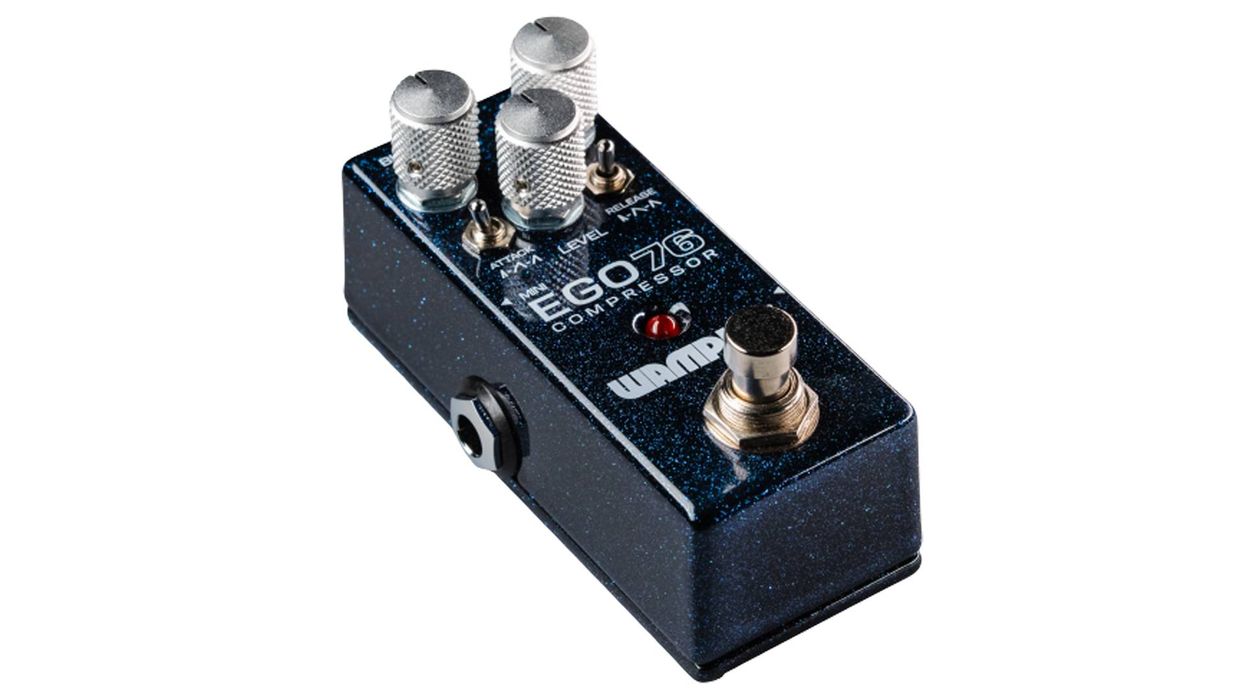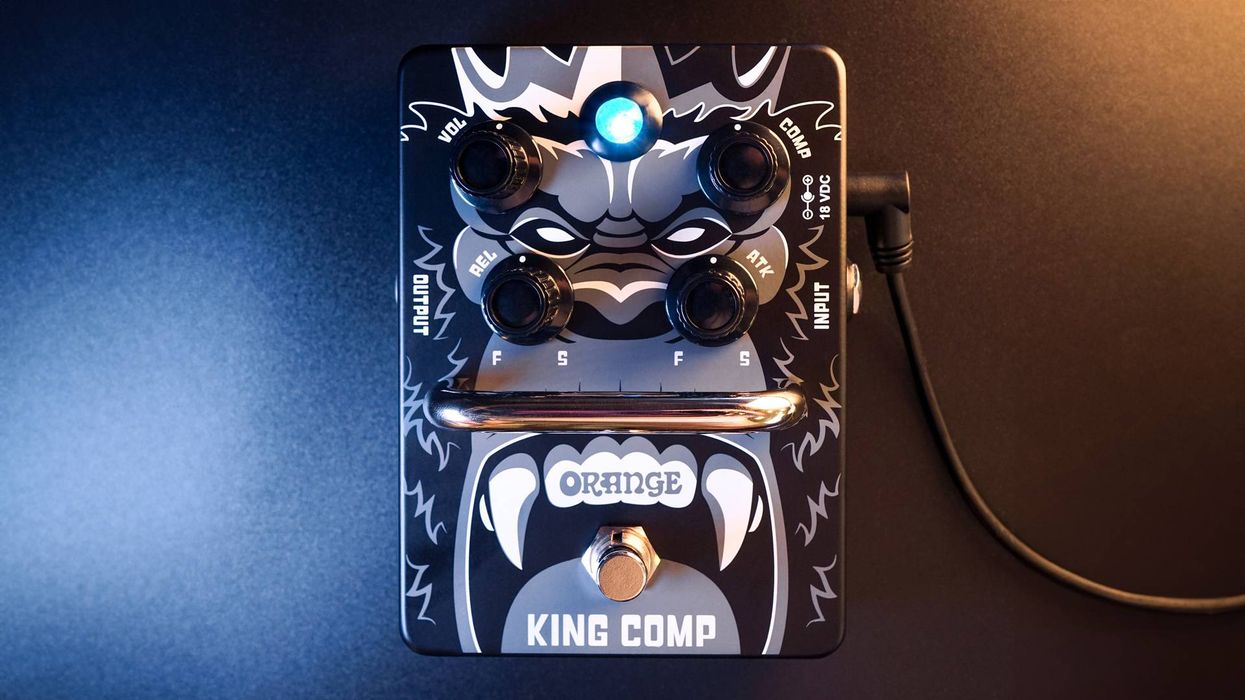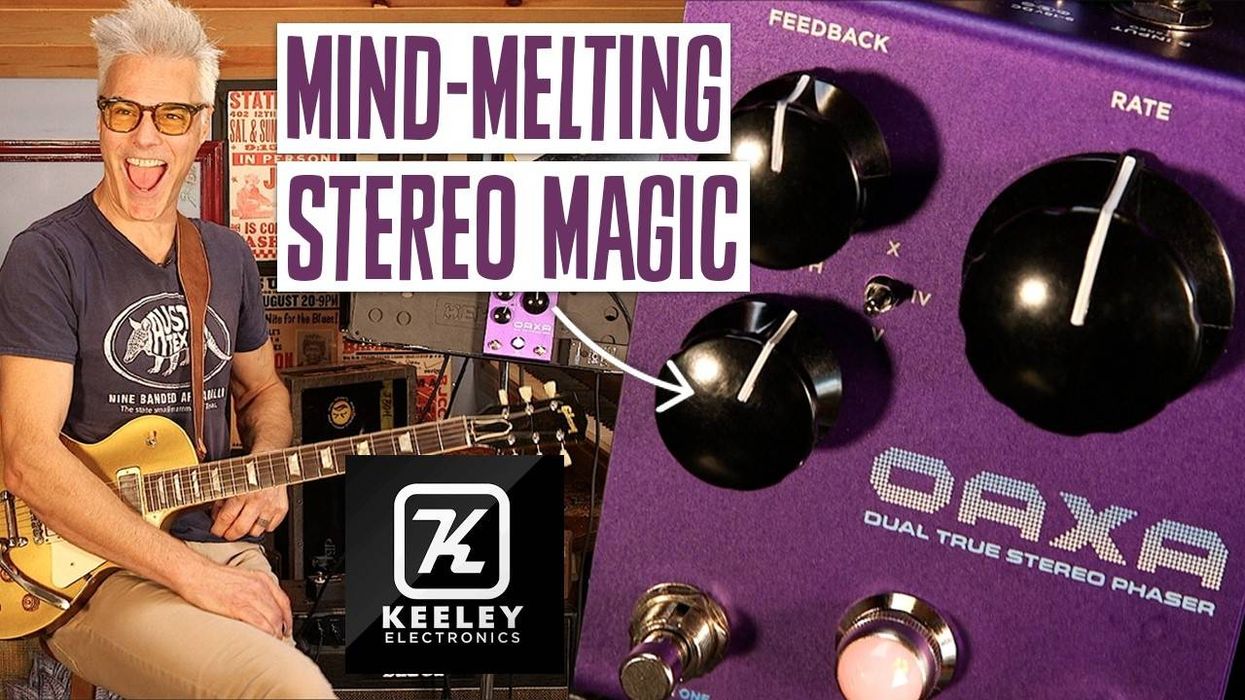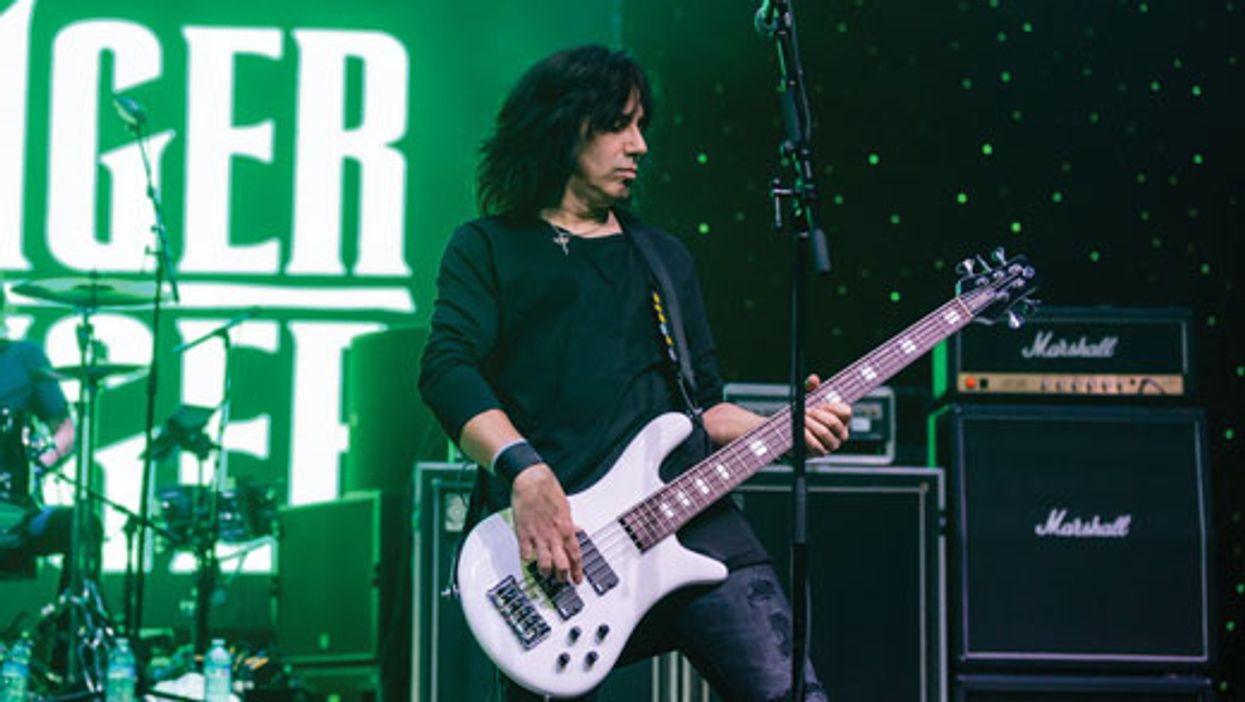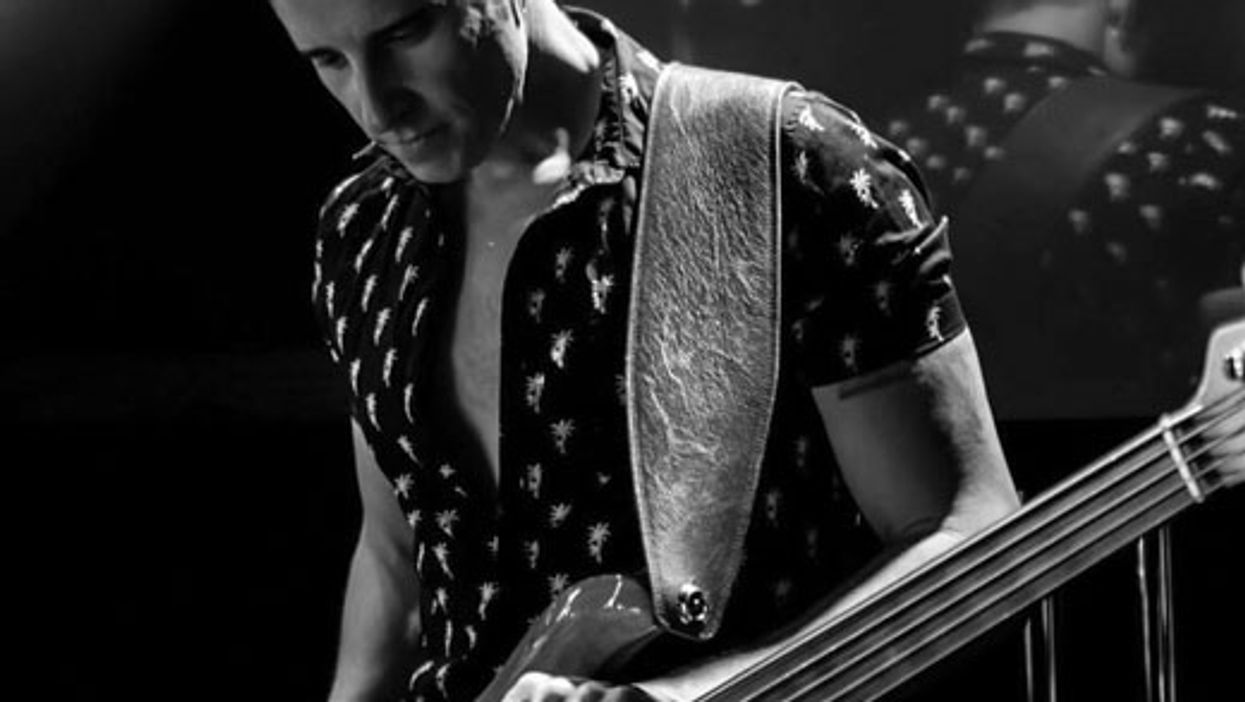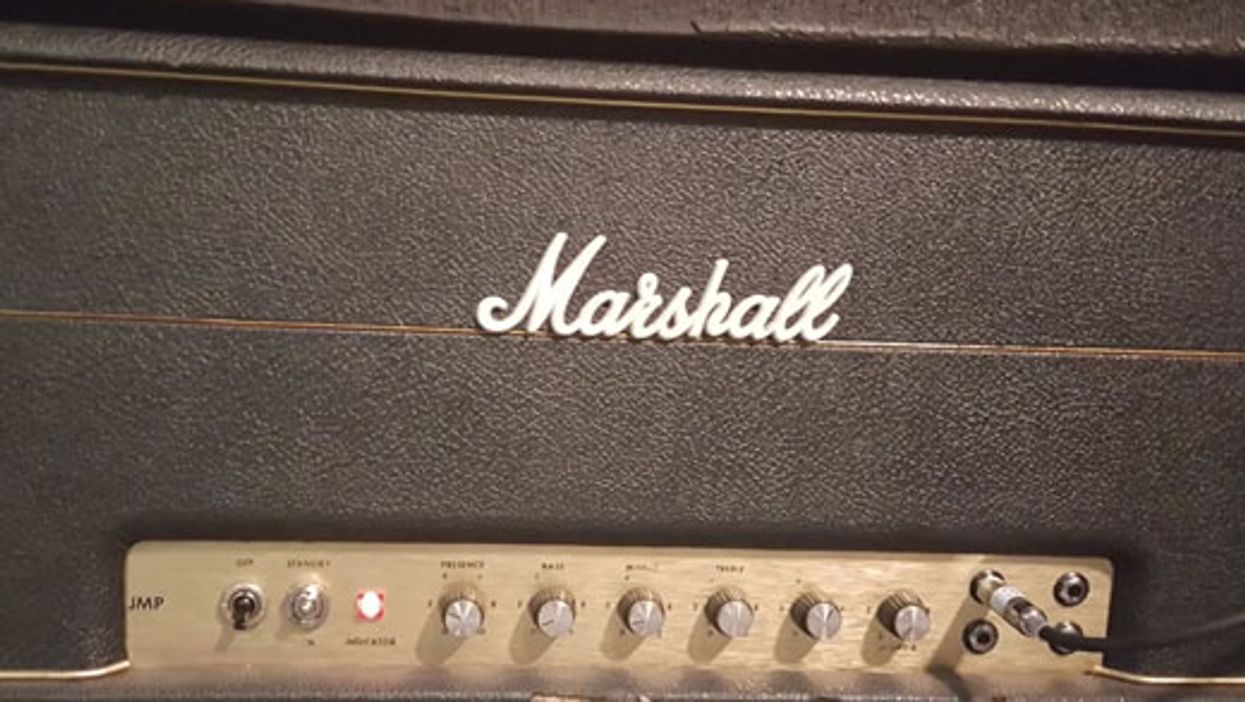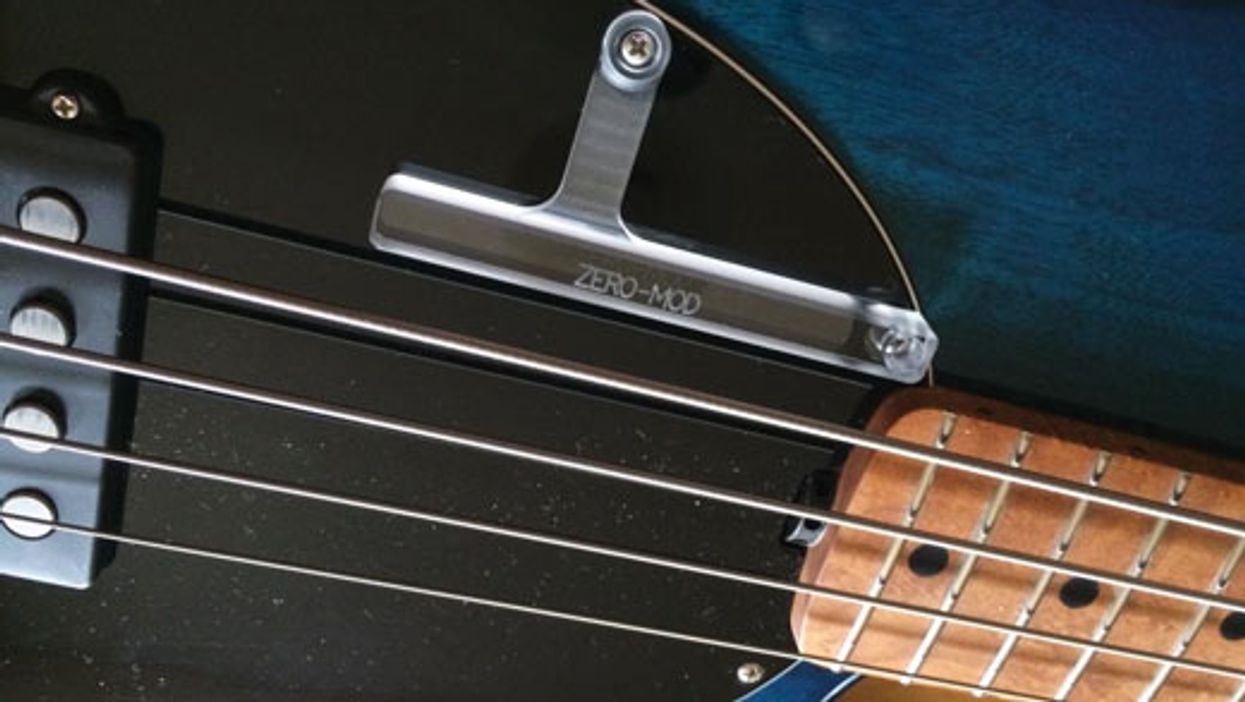As someone who left his native country to pursue music in the U.S., and who spends most of his life on the road, my definition of “home" is an interesting one. For me, home boils down to an environment where I'm most at ease in my own skin. For me, that's the stage, with the drummer to my right, my amp behind me, and the singer and familiar view of the crowd in front of me.
The physical, musical, and mental state of being right at home between the rhythm section and the lead/melodic instruments is why bassists make great musical directors (“MDs") and bandleaders. Linking the rhythmic and harmonic elements is a natural evolution of our job, and is what we do best. Many superstars have bassists for musical directors, as do some of the biggest TV shows.
Different artists have different expectations of their musical director. My role as an MD has been very diverse throughout the years. Common practical tasks include booking rehearsal space, writing charts, hiring musicians, notifying musicians of call times for rehearsals and gigs, helping the artist make set lists, and helping program and edit background tracks for live use.
There are of course many more duties on the artistic side of things—purely musical or communicative tasks that require deeper explanation.
As an MD, you are essentially producing a live band. In many cases, the musicians working “under" you are great talents and artists in their own right. You don't ever want to rub them the wrong way by forcing your ideas or opinions on them. I always try to hire musicians I look up to as players and people so I can learn from them. With this approach, you can let them shine and be a leader who encourages maximum collaboration, which often results in the best product.
When you do have to make suggestions to improve someone's part, diplomatic and psychological skills are essential. Many of us “artistic types" can be guilty of oversensitivity when pride and ego come into play. But with the right communication skills, an MD can avoid conflict. It's important to avoid negative terminology when addressing parts or suggesting changes.
For example: “I like what you are doing, but would you mind seeing if my idea works? I could be totally wrong, but let's just try it." Being overly polite and almost apologetic always gets the job done for me.
If you don't like what the guitarist or keyboardist is doing on a verse—and you've already tried changing it but are still not getting the results you want—try asking the player to sit out completely. The explanation can be as simple as, “If you don't play on the verse, it will really be impactful when you come in on the chorus." No feelings get hurt this way, and rehearsal goes on. Great music is a fragile and valuable thing that only flourishes under the right conditions, so keeping things positive at all times is key.
Since I'm a bassist, I put an astounding amount of focus on the drummer. My philosophy is that the music should sound amazing with just the bass, drums, and lead vocal. If there is power, and if dynamics are used correctly with only three people playing, the other players can play more sparsely. Using space is the mark of a good MD.
If you are a bassist who gets asked to be the MD for the first time, it can be scary. You might think you aren't good enough, or don't know the other instruments half as well as the guys you will be in charge of. That's completely okay! Your job isn't to be better than your friends, but to hear the entire band in an objective way, almost like a music consumer in front of a stereo. This is when being a bassist really comes in handy as an MD, because our parts are often relatively basic, with more space between notes, so we have the luxury (and joy) of listening to everyone else's performances.
Finally, I recommend thinking like an MD, even when you aren't one. The more you know about the other players' parts, the better you can decide when not to play and when to chime in with notes that will make the rest of the band smile.
Now excuse me while I go check out some hi-hat patterns. Till next time!
